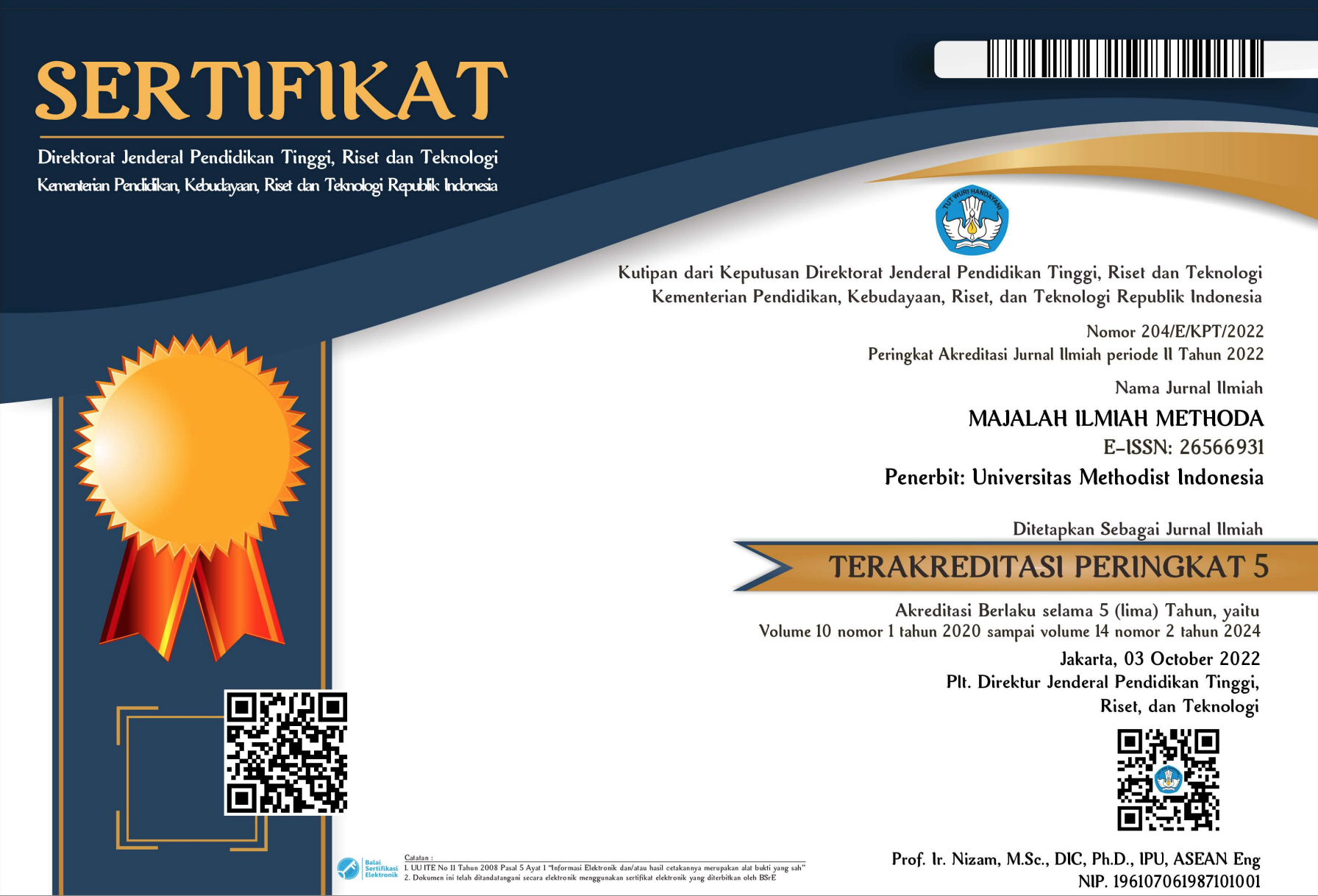PENGARUH BESAR CU CHI TUNNELS DALAM KEMENANGAN PERANG GERILYA BANGSA VIETNAM
Keywords:
Guerrilla War, Cu Chi Tunnels, Dien Bien PhuAbstract
The Vietnamese guerrilla war lasted from 1953-1954 culminating in victory at Dien Bien Phu, the end of nearly a century of French colonial rule over Indochina. The Vietnamese people led by Ho Chi Minh launched massive attacks on French outposts using a combination of conventional and guerrilla warfare tactics. Equally important in supporting the Vietnamese army's guerrilla warfare victory were the Cu Chi Tunnels, which served as a base of operations against French forces. The methodology in writing this journal by analysing the making of Cu Chi Tunnels which includes structure, development pattern, room composition using descriptive analysis method supported by literature study, literature, national and international scientific journals. The results and discussion in this research are Cu Chi Tunnels played an important role in the military strategy of the Vietnamese army, as a means of communication and logistics transport, as well as a storage place for weapons and ammunition. The structure of the tunnel has the natural advantage of being near the Saigon River which allows for air penetration, in the form of lateritic clay (iron soil). Meanwhile, the pattern of tunnel construction as a secret passage for fighting and escaping was made zigzagging, not straight "like a snake". For the composition of the tunnel room, three levels were built separately but interconnected, designed to serve various functions as living quarters, weapons and ammunition storage facilities, hospitals, as well as communication and command centres
Downloads
Published
Issue
Section
License
Copyright (c) 2023 Achdwiyanto Yudi Hartono, Aji Jaya Binatara, Syaiful Anwar

This work is licensed under a Creative Commons Attribution-NonCommercial 4.0 International License.










